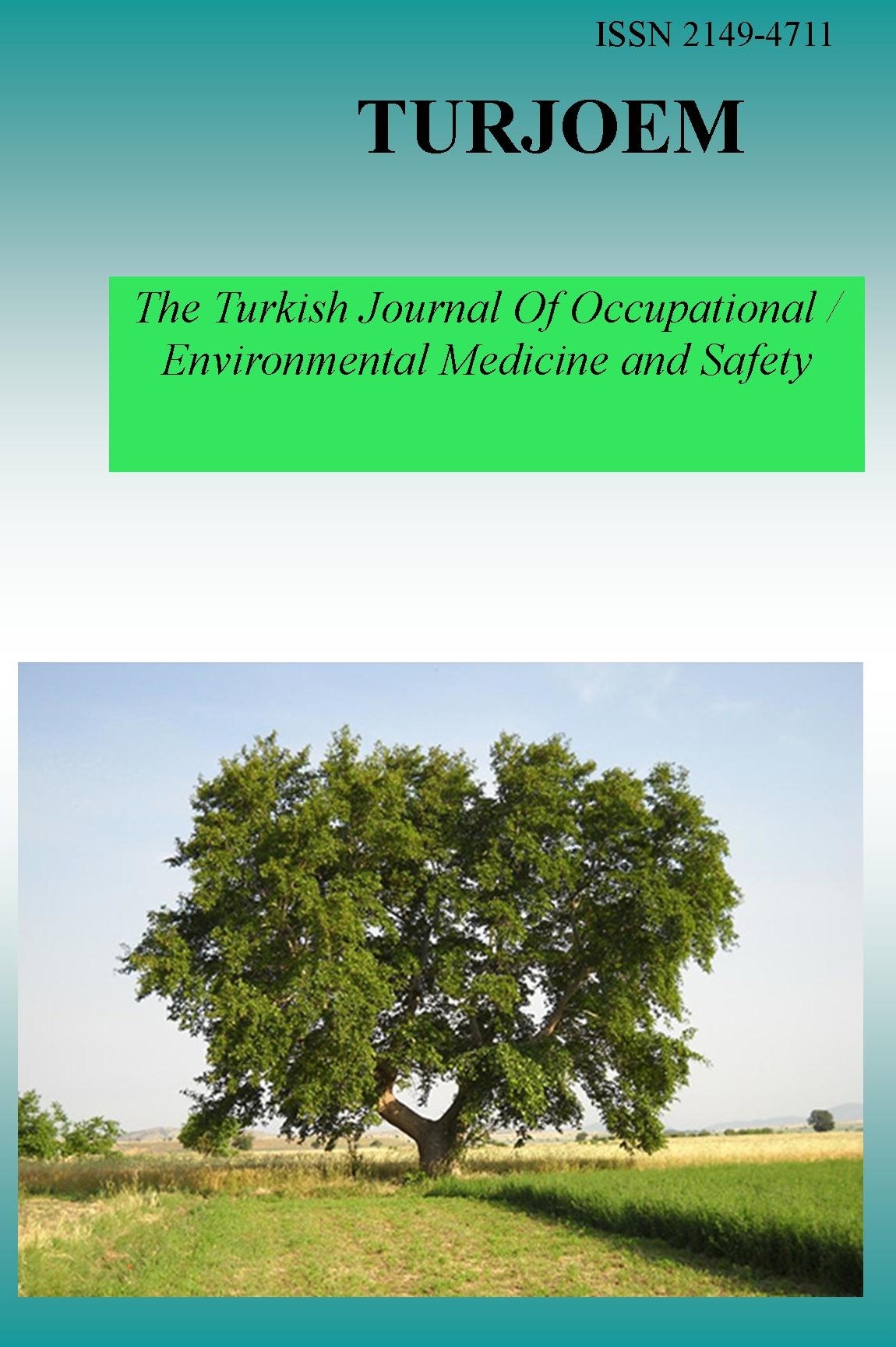Pesticides and Environmental Health
Pesticides and Environmental Health
Pesticides
are used to prevent, control harmful organisms or to reduce their damage in
agriculture. The use of pesticides is still indispensable in order to prevent
the negative effects of the agricultural diseases and pests.3,2 million tons in
the world, almost 40 thousand tons of pesticide consumption in Turkey is the
most important indicator of this. Pesticides get mixed and transform through
air, water and soil then other living things in these environments. The
movement of a pesticide is affected by its chemical structure, physical
properties, formulation and application type, climatic and agricultural
conditions. During the pesticide spraying an amount gets lost due to
evaporation and dispersion, whereas the other part remains on the plant and the
soil surface. Mixed up to air, pesticides can return to the world via wind
movements, rain, snow or fog. Pesticides reaching plants and other non-target
organisms in this way, can cause residual toxicity. Pesticides in soil get
destructed biologically an photochemically by the action of solar radiation,
soil microorganisms and other organisms; move to surface through capillary
water and mix up with air. Precautions For Reducing Effects of Pesticides on
Human and Environmental Health Harvest spraying intervals should be long enough
and producers must adhere to intervals. Reducing pesticide applications should
be made in food treatment process. LD50 must be known and written for each
pesticide. Pesticides less toxic to human and the environment should be
preferred. Persistent organic pollutant pesticides (DDT, Dieldrin, Endrin,
Heptachlor) should be banned. Practitioners must be educated, children should
not be operated in practice, special protective equipments should be used.
Nourishment shouldn’t be taken during preparation and application. Overdose and
unnecessary repeated applications should be avoided. During aerial spraying
meteorological conditions should be considered, honey producers should be
warned. Equipment used in application should be destroyed
Keywords:
pesticide,
environmental health, biocide
___
- Hüseyin İlter, Mehmet Gökdeniz, Muhsin Akbaba
Ministry of Health, Turkey Public Health Administration, Environmental Health Department 2Cukurova University, Faculty of Medicine, Public Health Department
